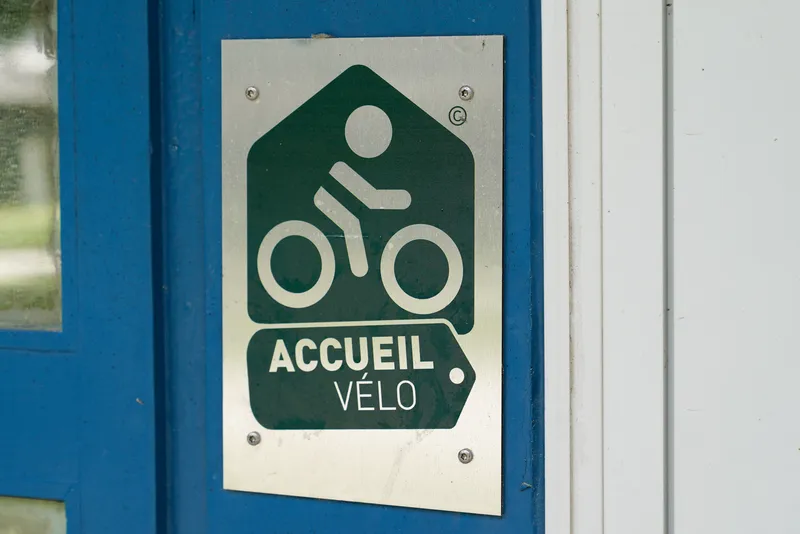The Hungarian Ministry of National Development (NFM) has announced that the consortium formed by ARH and i-Cell has won the tender called by the national motorway management firm Allami Autopalya Kezelo (AAK) to implement the country's new usage-based electronic road toll system. The system, which will apply to commercial vehicles weighing more than 3.5 tonnes, will meet the technological requirements of the European Electronic Toll Service (EETS) and ensure that the heaviest road users contribute to the co
April 25, 2013
Read time: 2 mins
The Hungarian Ministry of National Development (NFM) has announced that the consortium formed by ARH and i-Cell has won the tender called by the national motorway management firm Allami Autopalya Kezelo (AAK) to implement the country's new usage-based electronic road toll system.
The system, which will apply to commercial vehicles weighing more than 3.5 tonnes, will meet the technological requirements of the European Electronic Toll Service (EETS) and ensure that the heaviest road users contribute to the cost of maintaining Hungary’s road network. The new road toll system will be set up on a total of 6,318 km of national roads and is due to be completed by July 2013.
The ministry calculates that income from usage-based road payments will be around US$324.77 million in the second half of 2013, and stressed that the introduction of the electronic road toll systems would reduce freight traffic and pollution in nearby villages and increase road safety.
The system, which will apply to commercial vehicles weighing more than 3.5 tonnes, will meet the technological requirements of the European Electronic Toll Service (EETS) and ensure that the heaviest road users contribute to the cost of maintaining Hungary’s road network. The new road toll system will be set up on a total of 6,318 km of national roads and is due to be completed by July 2013.
The ministry calculates that income from usage-based road payments will be around US$324.77 million in the second half of 2013, and stressed that the introduction of the electronic road toll systems would reduce freight traffic and pollution in nearby villages and increase road safety.









